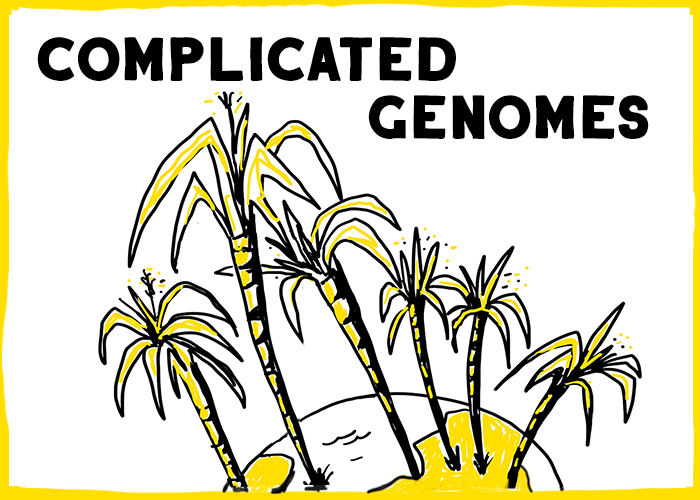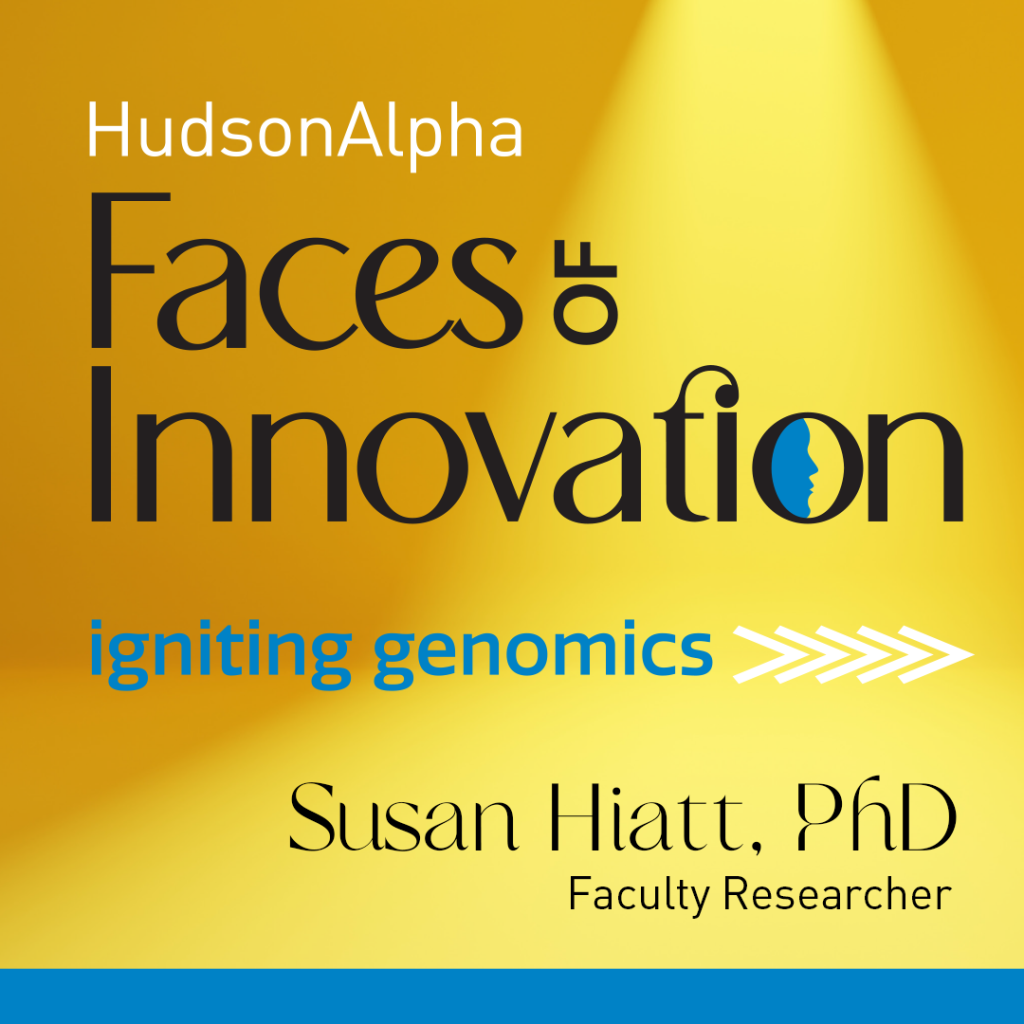Institute part of NIH effort to read genome, increase understanding of human health and disease
HudsonAlpha is in line to receive almost $16 million in funding from the National Institutes of Health over the next four years to continue work under the Encyclopedia of DNA Elements (ENCODE) Project. The institute will receive more than $5.2 million in the coming year and will coordinate work with researchers at the California Institute of Technology, Penn State, the University of California at Irvine and Duke University. The goal of ENCODE is to compile a comprehensive catalog of functional elements that control the expression of genetic information in a cell.
The National Human Genome Research Institute made the announcement in late September that $30 million in ENCODE grants from fiscal 2012 will be distributed among several organizations in year one of the new grants phase. The grants, with 15 prime recipients, expand investigation of functional elements to a larger number of human cells and tissues, and address a deeper set of data types. Analysis of the mouse genome will also be expanded to enhance use of this model organism in understanding the human genome through comparative genomic analysis.
Rick Myers, Ph.D., president, director and faculty investigator for HudsonAlpha, will build on work his group and collaborators accomplished in the previous phase of ENCODE. In addition to studying many more types of cells, they will perform a much larger number of experiments during this phase of the project, covering many more regulatory proteins and elements that contribute to human biology and disease. According to Myers, this is possible because the technologies used in the project, which involve intensive DNA sequencing, have vastly improved over the past several years, and are continuing to improve. The research teams at HudsonAlpha, Caltech and the other collaborating institutions have helped develop and advance these technologies and are poised to make significant, additional contributions to interpreting the human genome.
Data generated by ENCODE is made freely available as soon as it is verified. A data coordinating center and data analysis center will make the ENCODE data more useful to the scientific community.
NHGRI is one of the 27 institutes and centers at NIH.
Media Contact: Beth Pugh
bpugh@hudsonalpha.org
256-327-0443
About HudsonAlpha: HudsonAlpha Institute for Biotechnology is a nonprofit institute dedicated to innovating in the field of genomic technology and sciences across a spectrum of biological problems. Its mission is three-fold: sparking scientific discoveries that can impact human health and well-being; fostering biotech entrepreneurship; and encouraging the creation of a genomics-literate workforce and society. The HudsonAlpha biotechnology campus consists of 152 acres nestled within Cummings Research Park, the nation’s second largest research park. Designed to be a hothouse of biotech economic development, HudsonAlpha’s state-of-the-art facilities co-locate scientific researchers with entrepreneurs and educators. The relationships formed on the HudsonAlpha campus allow serendipity to yield results in medicine and agriculture. Since opening in 2008, HudsonAlpha, under the leadership of Dr. Richard M. Myers, a key collaborator on the Human Genome Project, has built a name for itself in genetics and genomics research and biotech education, and boasts 26 biotech companies on campus.


